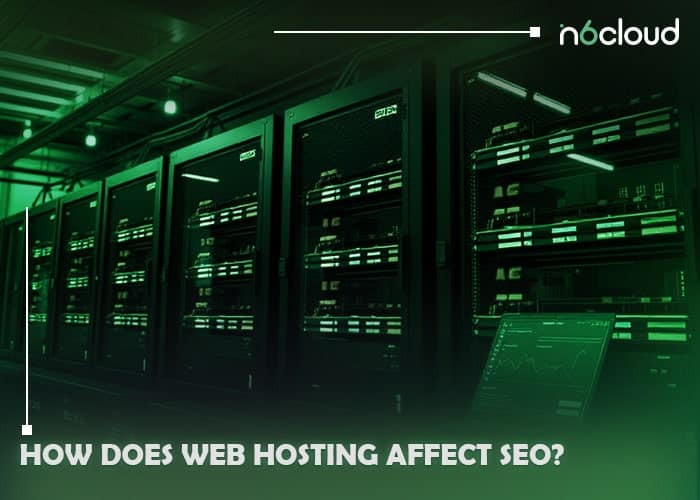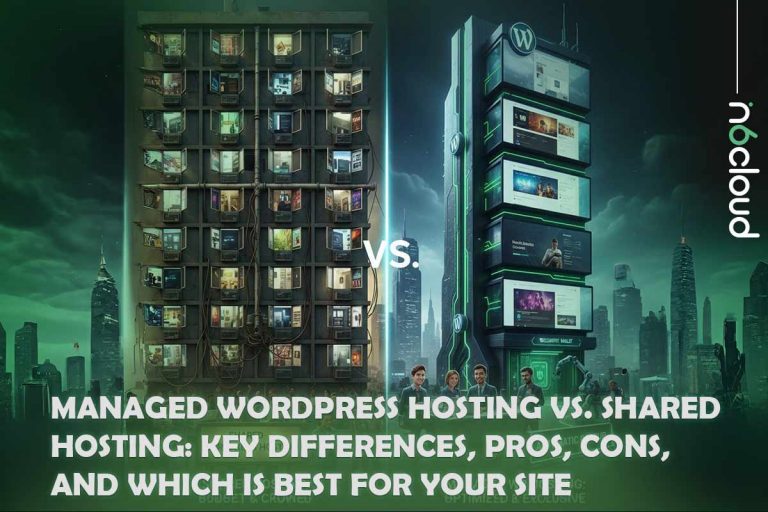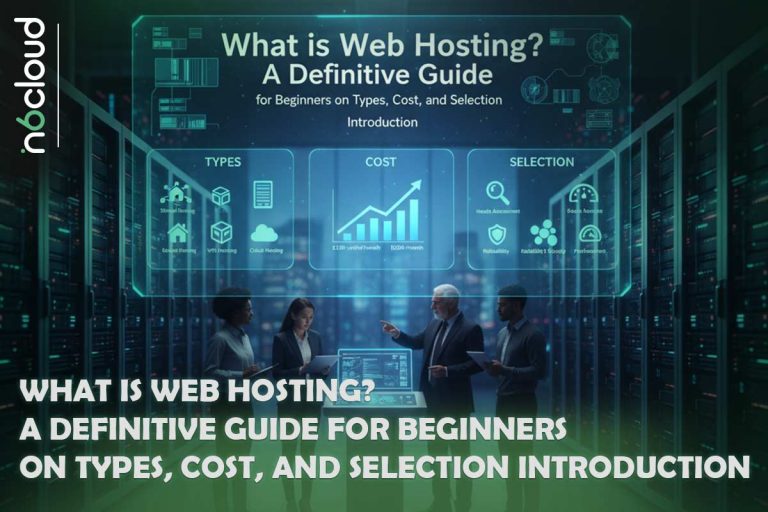Web hosting plays a significant role in the overall performance and search engine optimization (SEO) of a website. Hosting factors such as uptime, speed, security, and server location can either enhance or harm your SEO efforts. This article will explore how different hosting elements impact SEO and what you should consider when choosing a web hosting provider to support your site’s optimization.
Key Factors of Web Hosting That Affect SEO
Several critical aspects of web hosting directly influence your website’s SEO performance. Each of these factors contributes to how search engines perceive your site’s reliability, speed, and security. Ignoring these elements can result in lower rankings and reduced visibility on search engines.
Here are the most important hosting factors that impact SEO:
- Uptime and Downtime
- Website Loading Speed
- Server Location
- SSL Certification
- Security Features
- Hosting Type (Shared, VPS, Dedicated)
- IP Reputation
In the following sections, we will examine each of these factors in detail.
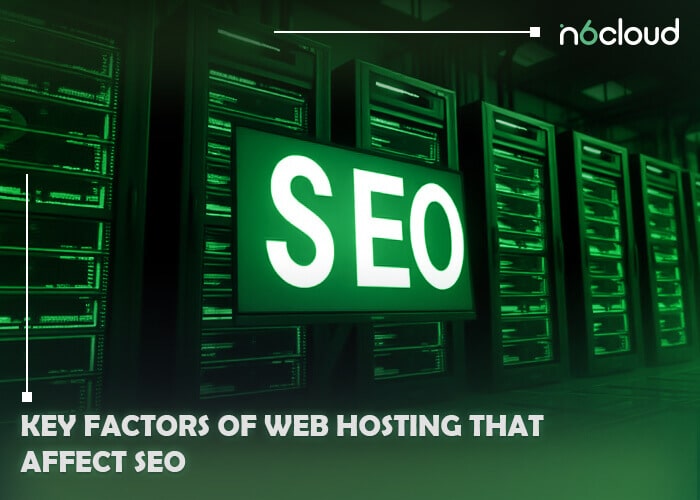
How Does Web Hosting Uptime Impact SEO?
fWeb hosting uptime refers to the period during which your website is operational and accessible to visitors, and it plays a crucial role in SEO. Search engines prioritize websites with high uptime rates, as frequent downtime can prevent search engine crawlers from accessing and indexing your site. This can negatively impact your search rankings and reduce your site’s visibility. Additionally, downtime disrupts user experience, leading to higher bounce rates—a metric that search engines consider when ranking sites. To mitigate these risks, it’s important to choose a hosting provider that guarantees at least 99.9% uptime and offers 24/7 technical support. For instance, N6 Cloud provides these essential features, ensuring reliable performance and continuous support for your website.
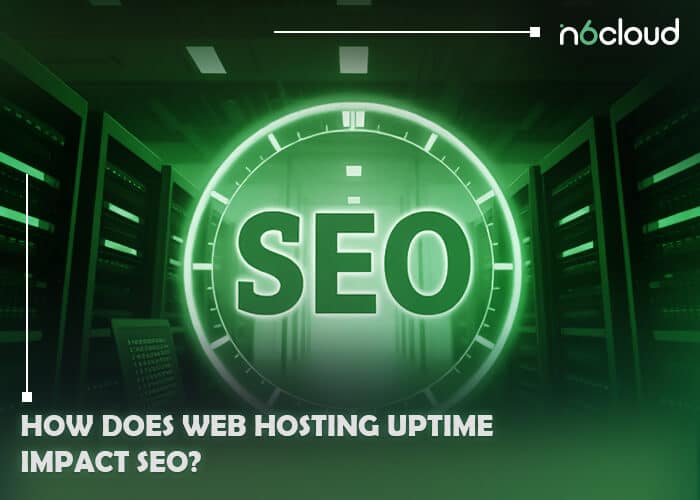
How Does Server Location Affect Your SEO Strategy?
Server location can influence how search engines evaluate your site’s relevance to a specific region and affect factors like latency and loading speed. While hosting your site on servers closer to your target audience may offer a slight advantage in local SEO and faster load times, this is no longer a limiting factor thanks to Content Delivery Networks (CDNs).
Related: The Most Important Google Ranking Factors 2025 You Shouldn’t Ignore!
A CDN distributes your website’s content across a global network of servers, ensuring that users receive data from the server closest to them. This minimizes latency, enhances site speed, and maintains a high-quality user experience, regardless of the server’s physical location. By utilizing a reliable CDN, you can effectively address any concerns related to server location and ensure optimal performance for your audience, no matter where they are located.

Why Is SSL Certification Important for SEO Optimization?
SSL encryption is crucial for both site security and SEO, as Google considers SSL a ranking factor. Websites without SSL may be marked as “Not Secure,” which can discourage users from visiting and damage your site’s credibility. Trust signals are vital—when a site lacks SSL, browsers alert users to its insecurity, often resulting in higher bounce rates and a loss of trust. Additionally, search engines like Google give preference to sites with SSL certificates, providing them with a slight ranking boost. To secure your site and enhance SEO, make sure your web hosting provider offers straightforward SSL certificate installation, such as Let’s Encrypt.

How Do Security Features of Hosting Influence SEO Performance?
Website security is a critical factor that affects SEO, as a compromised site can experience significant ranking drops or even be removed from search results entirely. Malware issues are particularly concerning; if your site becomes infected, Google may blacklist it, causing a drastic decrease in search visibility and user trust. Additionally, having backup and recovery options is essential—security features like automatic backups help reduce downtime and data loss, which helps maintain your SEO rankings even in the event of an attack. To safeguard your site, choose hosting providers that offer robust security measures, such as firewalls, malware scanning, and automated backups, to protect against potential threats.

What Is the Role of Hosting Type (Shared, VPS, Dedicated) in SEO?
Your choice of hosting type, whether shared, VPS, or dedicated, can directly impact your site’s performance and SEO. Shared hosting is a cost-effective option but may expose your site to performance and security risks due to shared resources with other websites. VPS hosting offers better performance and security because resources are allocated more efficiently, reducing the risk of slowdowns. Dedicated hosting provides the highest level of performance and security, making it suitable for high-traffic or resource-intensive websites. To optimize your site for SEO, choose the hosting type that aligns with your site’s size and traffic. For sites where SEO is critical, VPS or dedicated hosting is generally recommended.
Conclusion
The quality of your web hosting directly impacts your SEO efforts. Factors like uptime, speed, security, server location, and hosting type can all influence how well your site ranks in search engine results. Choosing a reliable hosting provider that offers optimal uptime, fast loading speeds, security features, and SSL certificates will help you maintain a well-optimized website. By understanding how hosting affects SEO, you can make informed decisions that support your website’s long-term success.
Can switching my web hosting improve my SEO performance?
Yes, switching to a hosting provider with better uptime, faster speeds, and stronger security features can significantly improve your SEO performance.
What are the most common hosting-related SEO issues?
Frequent downtime, slow page loading speeds, lack of SSL certificates, and issues related to shared hosting environments are the most common hosting-related SEO challenges.
How does downtime due to hosting affect my search engine rankings?
When your site is down, search engine crawlers cannot index it, which can lead to de-indexing of pages and a drop in search engine rankings. Regular downtime also negatively affects user experience, further harming SEO.
